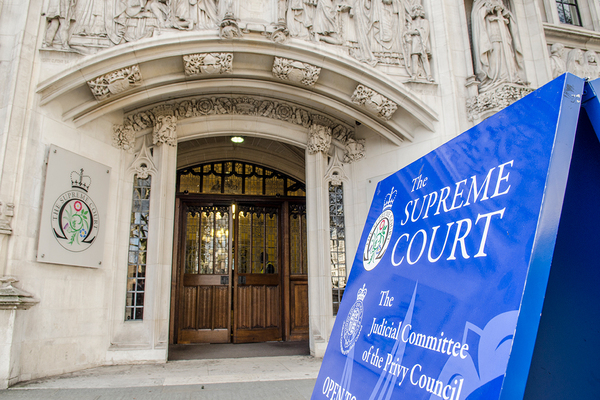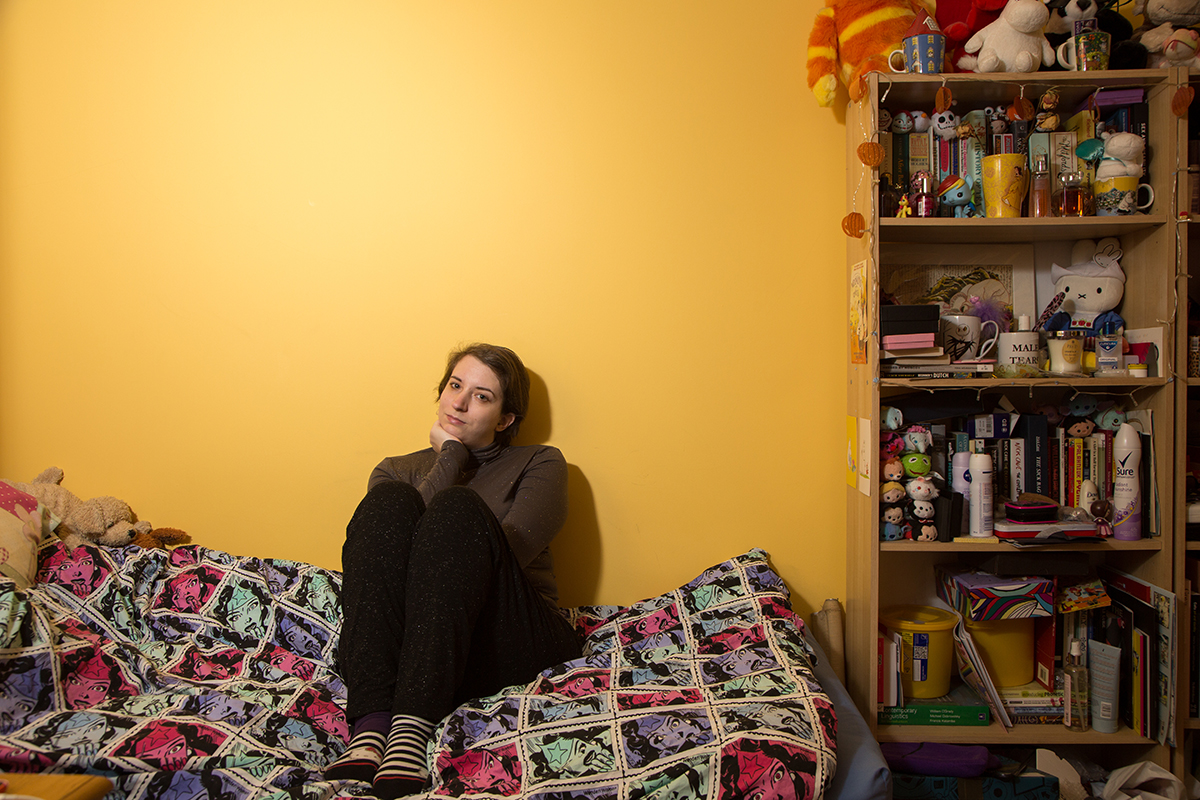You are viewing 1 of your 1 free articles
Government loses landmark bedroom tax case
The government has lost its battle to impose the bedroom tax on partners of those with severe disabilities after the Supreme Court ruled that the sanctions breached their human rights.
The unanimous judgement of the UK’s most senior court means that full housing benefit will be restored to 130 couples who had faced cuts to their benefits in England and Wales. There are also believed to be 25 similar cases in Scotland.
The court, which focused on a 14% reduction in benefits to a man only known as “RR”, deemed it was fair that the couple needed an extra bedroom for the their medical equipment. The ruling deemed that applying the reduction in benefits was a breach of his right to a home under the Human Rights Act.
RR is described as living with his severely disabled partner in a two-bedroom social housing property on which he claims housing benefit. The local authority, Sefton Council, applied regulation B13 of the bedroom tax and decided that, as they were a couple, they were only entitled to one bedroom.
Giving her judgement, judge Lady Hale said: “The Human Rights Act is an act of the United Kingdom parliament and takes precedence over subordinate legislation such as the regulation in question… This means that incompatible subordinate legislation must simply be ignored.”
A 14% discount to their benefits was applied with effect from April 2013. The couple appealed and an initial tribunal found that RR and his partner required separate bedrooms because of her disabilities and her need to accommodate medical equipment and supplies.
Sefton Council accepted that, as her primary carer, RR needed to be able to get a night’s sleep. The first-tier tribunal further held that RR had suffered discrimination as between a member of a couple with a disability and a member of a couple without disability which could not be objectively and reasonably justified.
But the Department for Work and Pensions (DWP) appealed this ruling, which ultimately led to the Supreme Court case.
In the conclusions to the principle issue, the court stated that Sefton Council was within its rights to disapply the ruling.
It said: “There is nothing unconstitutional about a public authority, court or tribunal disapplying a provision of subordinate legislation which would otherwise result in their acting incompatibly with a convention right, where this is necessary in order to comply with the [Human Rights Act].”
The final conclusion stated: “RR’s housing benefit entitlement is to be recalculated without making the under-occupancy deduction of 14%.
“The reason for doing so is the same as that which the UT gave: if the tribunal or the council were to apply this deduction there would be a clear breach of [RR’s] convention rights, contrary to Section 6 (1) of the Human Rights Act 1998.”
The DWP said in a statement: “We are carefully considering this ruling.”











